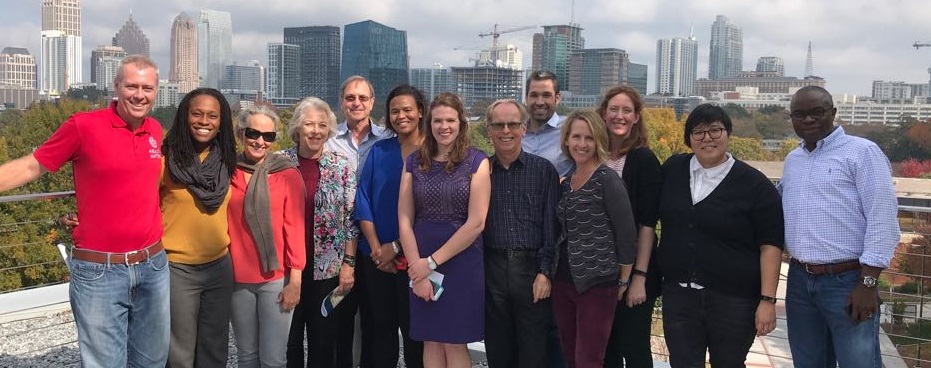Anna Kim Wins 2018 Dale Prize
Congrats to PARC’s Anna Kim on her recent award! Dr. Kim is co-PI on our Georgia Tech project which assesses how training youth to be advocates for changes in the built environment can foster health and produce positive policy and environmental change.
The below announcement is reprinted from the Georgia Tech School of City and Regional Planning website.
Atlanta, GA
 Georgia Tech School of City and Regional Planning Assistant Professor Anna Kim was announced the Scholar Prize winner for the 2018 William R. and June Dale Prize for Excellence in Urban and Regional Planning. This year’s award theme was on planning with immigrants in communities and regions.
Georgia Tech School of City and Regional Planning Assistant Professor Anna Kim was announced the Scholar Prize winner for the 2018 William R. and June Dale Prize for Excellence in Urban and Regional Planning. This year’s award theme was on planning with immigrants in communities and regions.
Kim’s research examines the blurred boundaries between informal and formal jobs for low wage immigrant workers, and how these semi-formal employment arrangements translate into strategies for local economic growth in ethnic neighborhoods. Her studio course projects include work in the greater Atlanta area and supports efforts to understand immigrant communities.
“I am honored to receive the Dale Prize in Planning Excellence. To have received the prize in recognition of my research and on-the-ground practice of ’planning with immigrant communities and regions’ is wonderful, and it’s exciting to see broader recognition of this in our field. Recently, my studio graduate students were also awarded by the Georgia Planning Association for our work with refugees in Clarkston, and I’m proud to see how passionate planners are about planning with and for diverse communities and making sure that all voices are heard,” said Kim.
The Dale Prize is awarded by California State Polytechnic University, Pomona’s Department of Urban and Regional Planning and invites recipients to meet with students and to speak at a two-day colloquium held on campus.

